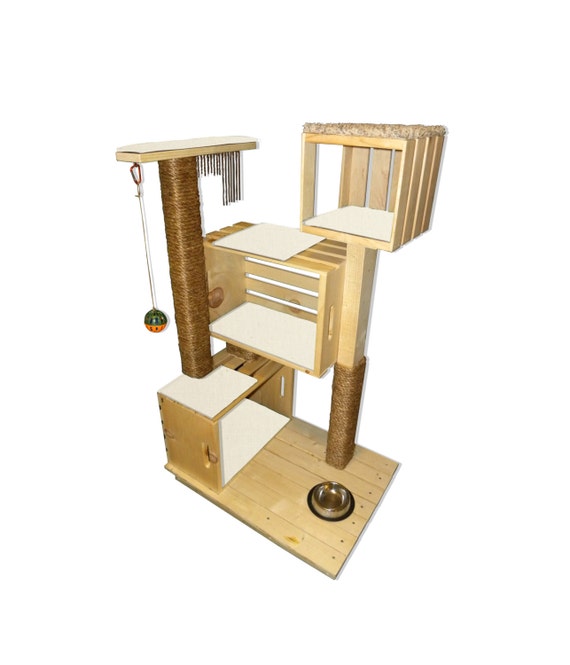Developing a Litter Box Setup for Elder Cats
Developing a Litter Box Setup for Elder Cats
Blog Article

Picking the best cat litter for your feline good friend can be a difficult task given the myriad of alternatives offered on the market. This thorough guide will explore the different kinds of cat litter, their advantages, disadvantages, and whatever in between to assist you make an informed choice.
The material of the cat litter plays an essential function in its effectiveness. Common products include clay, silica gel, recycled paper, wood, corn, wheat, and walnut shells. Each product provides distinct advantages and possible drawbacks.
Clay-based litters are the most standard and commonly utilized due to their high absorbency and clumping abilities, that make cleanup much easier. However, they can be dirty and may not be the finest alternative for cats or human beings with respiratory issues. Silica gel crystals are extremely absorbent, control odors efficiently, and are low upkeep considering that they do not need to be altered as frequently. Nevertheless, they can be more expensive and some cats might not like the texture. Naturally degradable litters, made from recycled paper, wood, corn, wheat, and walnut shells, are eco-friendly choices. They are usually dust-free and helpful for cats with allergic reactions, however their smell control and clumping capabilities differ extensively.
The choice in between clumping and non-clumping litter is substantial. Clumping litter forms strong masses when wet, making it simple to scoop out urine and feces, therefore keeping a clean litter box. Non-clumping litter takes in wetness however does not form clumps, which may result in more regular changes of the whole litter box.
Smell control is a leading priority for a lot of feline owners. Litters are often infused with baking soda or charcoal to reduce the effects of smells. Maintaining a fresh litter box also needs routine scooping, ideally twice a day, and following the producer's standards for altering the litter and cleaning package.
The health of your feline and the ecological impact of the litter are also essential elements. Dust-free or low-dust alternatives are much better for respiratory health. Biodegradable litters provide an environment-friendly option to clay, which is strip-mined and not renewable. Additionally, it's essential to be familiar with any allergic reactions your feline might need to certain materials.
Cost is an important consideration, as the cost of cat litter can differ considerably. While silica cat litter pellets gel and some eco-friendly litters might be more pricey in advance, their durability can use cost savings in the long run. Conversely, clay litter is often cheaper but requires more regular replacement.
Eventually, the very best cat litter is one that matches both your and your feline's choices and requirements. It might take some trial and mistake to discover the ideal match. Focus on your feline's habits and comfort, in addition to the litter's performance in terms of odor control, absorbency, and maintenance.
Choosing the right cat litter contributes wood pellets cat litter significantly to your cat's health, joy, and the tidiness of your Grass Cat Litter home. By thinking about the product, clumping capability, odor control, health impacts, environmental results, and expense, you can make an educated decision that benefits both you and your furry companion. Remember, what works finest for one feline might not fit another, so want to experiment until you find the perfect option.